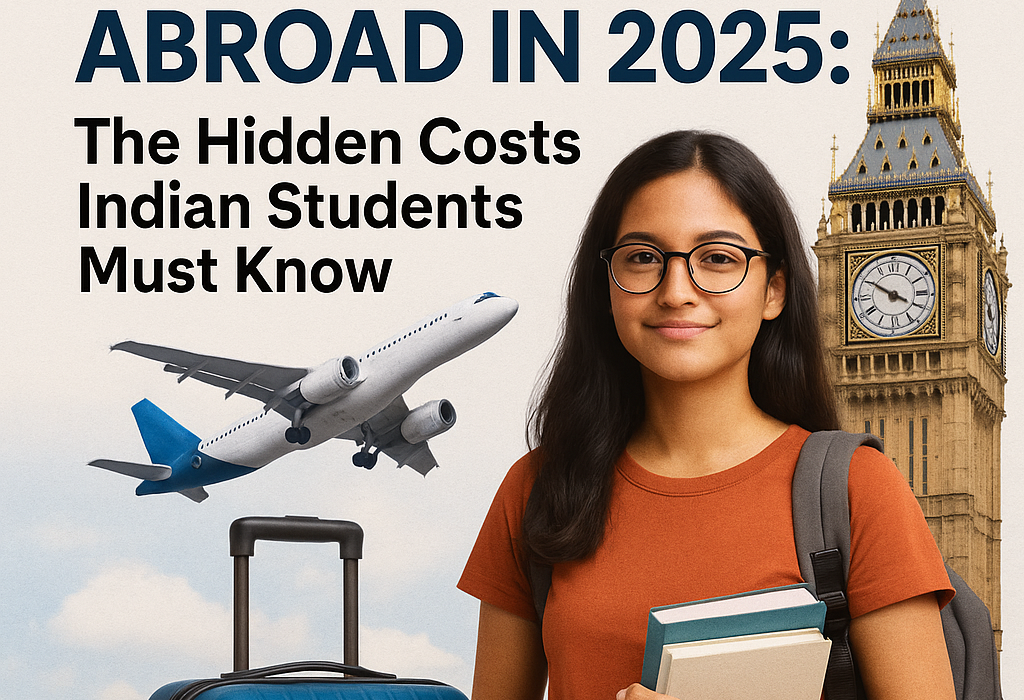Introduction
Studying abroad in 2025 has been a fantasy for crores of Indian students for world-class education, international exposure, and better career prospects. But with the arrival of 2025, the fantasy is taking a steep turn. High tuition fees, fluctuating exchange rates, geopolitical tensions, and differential immigration policies are compelling a large number of Indian students and their parents to reconsider or delay their study abroad aspirations.
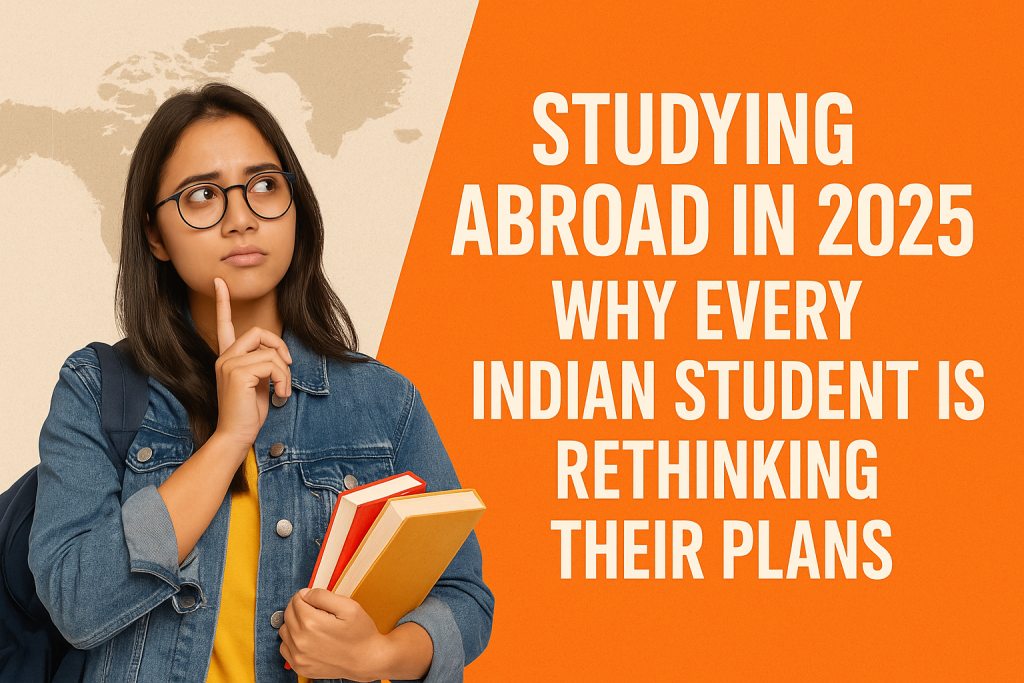
In this blog, we explore the multi-faceted reasons behind this trend, with insights from recent data, student testimonials, and expert opinions. As a student embarking on studying abroad, a parent footing the bill for the dream, or an education counselor, this informative guide will give you actionable tips and insights into the shifting landscape.
1. The Increasing Expense of Studying Abroad
Tuition Fees Are Rising At A Pace Never Seen Before
Major US, UK, Canadian, and Australian universities increased tuition every year. With inflation rising globally and the expenses of doing business higher, the burden fell on international students.
- Average tuition in the US per year (2025): $45,000 – $60,000
- UK undergraduate fees: £18,000 – £30,000 per annum
- According to the QS World University Rankings 2025 , top universities have consistently raised tuition, especially for international students.
Accommodation and Living Expenses Add Up
The cost of living in London, New York, Toronto, or Sydney has gone up manifold in 2024 and 2025. Rent, food, transport, and other expenses combined push annual costs to $15,000 to $25,000 or more.
Currency Depreciation Against the Dollar
The Indian Rupee (INR) depreciated steadily against major currencies. As of early 2025, the INR-USD exchange rate crossed ₹82/USD, pushing international education even higher in rupee terms.

2. Government Policies and Immigration Uncertainty
Tighter Visa Rules
The US, UK, and Australia have all introduced tighter post-pandemic visa policies. These now demand tighter proof of funds and higher English language proficiency scores.
Post-Study Work Becoming a Niche
The US, UK, and Australia have all introduced tighter post-pandemic visa policies. These now demand tighter proof of funds and higher English language proficiency scores.
Post-Study Work Becoming a Niche
Some Indian students had already relied on post-study work opportunities to remain even. But in 2025:
- The UK cut the PSW duration for certain courses.
- Canada capped PR applications under international graduate streams.
- Australia revised work rights and visa caps for certain student cohorts.
3. Student Priorities Shift Post-Pandemic
Greater Focus on ROI (Return on Investment)
Students today are far more price-sensitive. They are comparing the cost of studying abroad with the salary prospects in the country of destination, as well as in India.
To balance the financial burden of international education, many students are exploring online side hustles that can be done alongside studies , helping them support their expenses or save before going abroad.
Rise of Hybrid and Online Courses
The pandemic has brought online learning to the forefront. The world’s top universities now have distance and hybrid courses at a fraction of the cost, without having to go abroad.
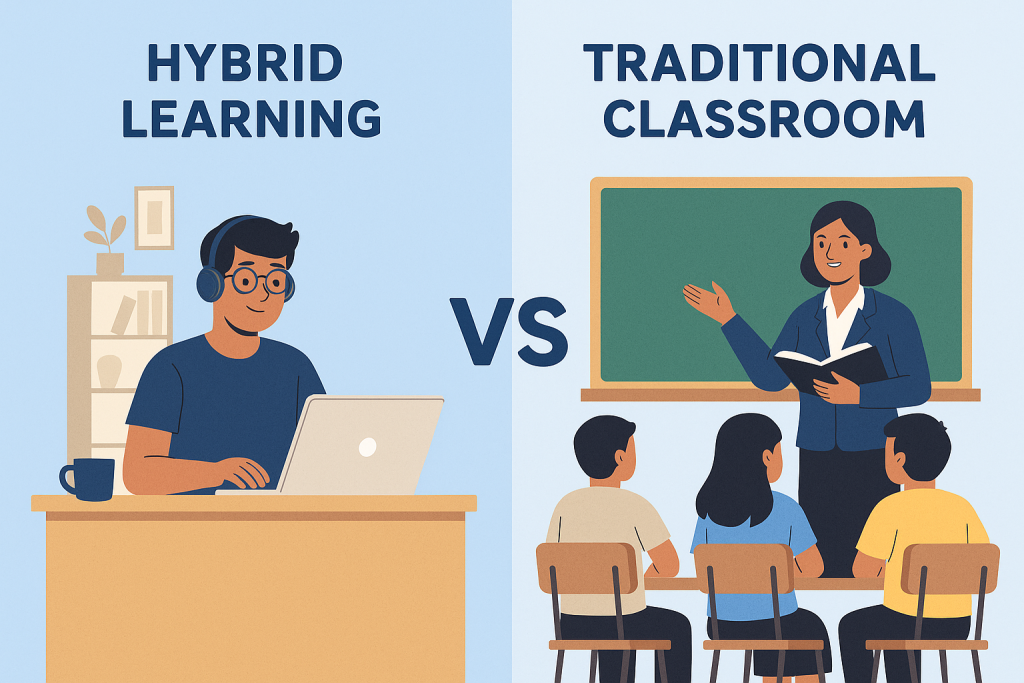
Growing Value of Indian Institutions
Top Indian institutions like IITs, IIMs, Ashoka University, and ISB are offering peer-level education at a fraction of the cost, with many having international exposure due to exchange programs.
4. Socio-Political and Safety Concerns
Rise in Xenophobia and Racism
Racism-based crimes and hate attacks have risen in some Western countries, which has created fear among parents.
Geopolitical Tensions
Disputes like the US-China conflict, post-Brexit Britain, and internal political turbulence in countries like Canada have impacted global education policy and public attitudes.
Safety of Indian Women Students
Increased foreign campus-based gender violence reports have made safety a priority issue for Indian parents.
5. Emergent Role of Education Consultants and Agencies
Misinformation and Unrealistic Expectations
The majority of students are misled by false-promising consultants who offer job placements or PR outcomes.
Growing Need for Real Advice
There is a cutting-edge demand for real consultants who offer practical advice, realistic timeframes, and no-nonsense processes.
EdTech and AI-Based Platforms
Contemporary platforms like Leverage Edu, Yocket, and AI-powered tools are empowering students to arrange their study abroad experience independently, the way they used to skip the consultants.
6. Real Stories: Students Who Changed Their Plans
Meet Priya from Delhi
Priya had been offered admission to a top UK university for a Master’s in Marketing. However, the total expense of ₹45 lakhs dissuaded her from it. She chose an online dual degree program in India with international collaboration and saved over 60% of the expenses.
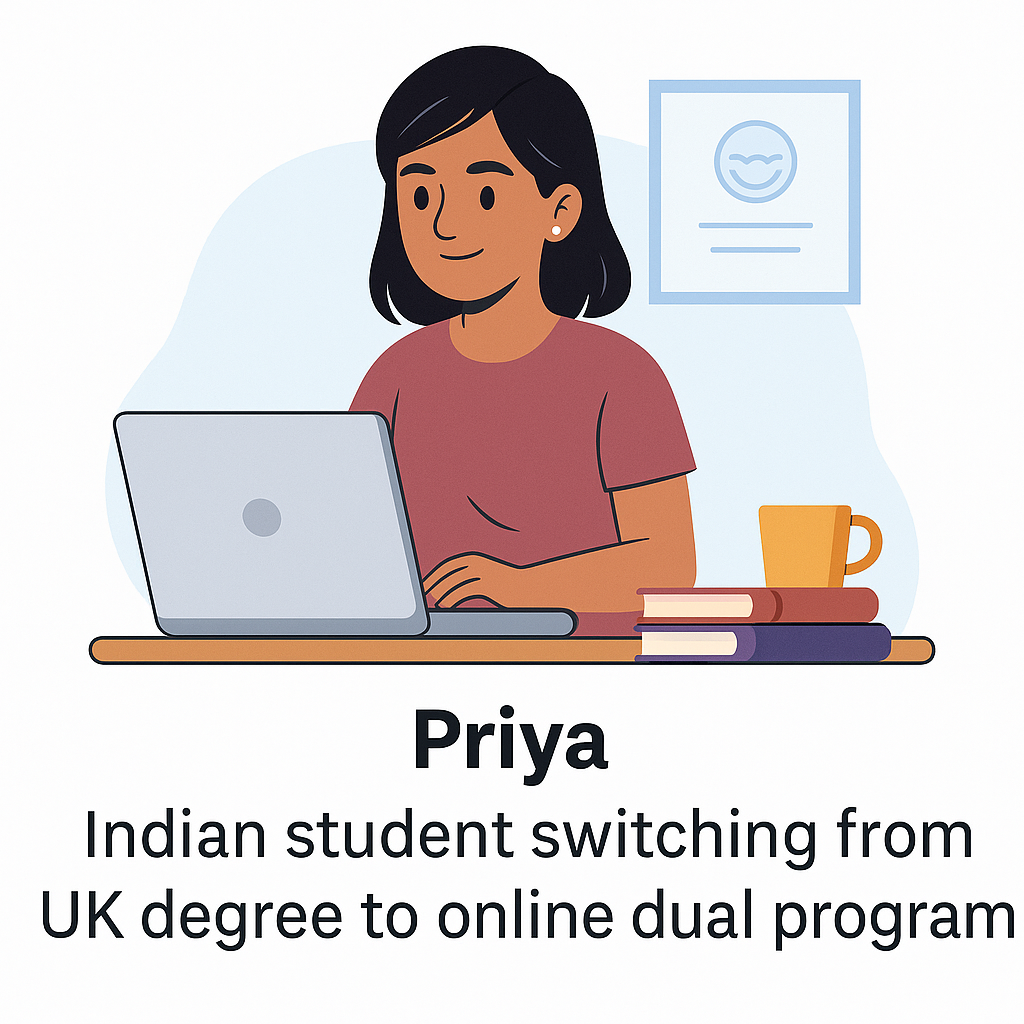
Rohit’s Experience in Canada
Rohit had traveled to Canada in 2021 but could not find employment after graduating in his field. He returned to India in 2024 and now works remotely for a Canadian firm from India, getting paid in CAD.
7. Alternatives Gaining Momentum
Study in Europe (Non-traditional Countries)
Germany, Ireland, the Netherlands, and Finland are becoming popular because:
- Tuition fees are lower
- There are more English-taught courses
- Friendly post-study work provisions
Middle East and Asia
UAE, Singapore, and Japan are emerging regional hubs offering world-class infrastructure and quality education at lower costs.
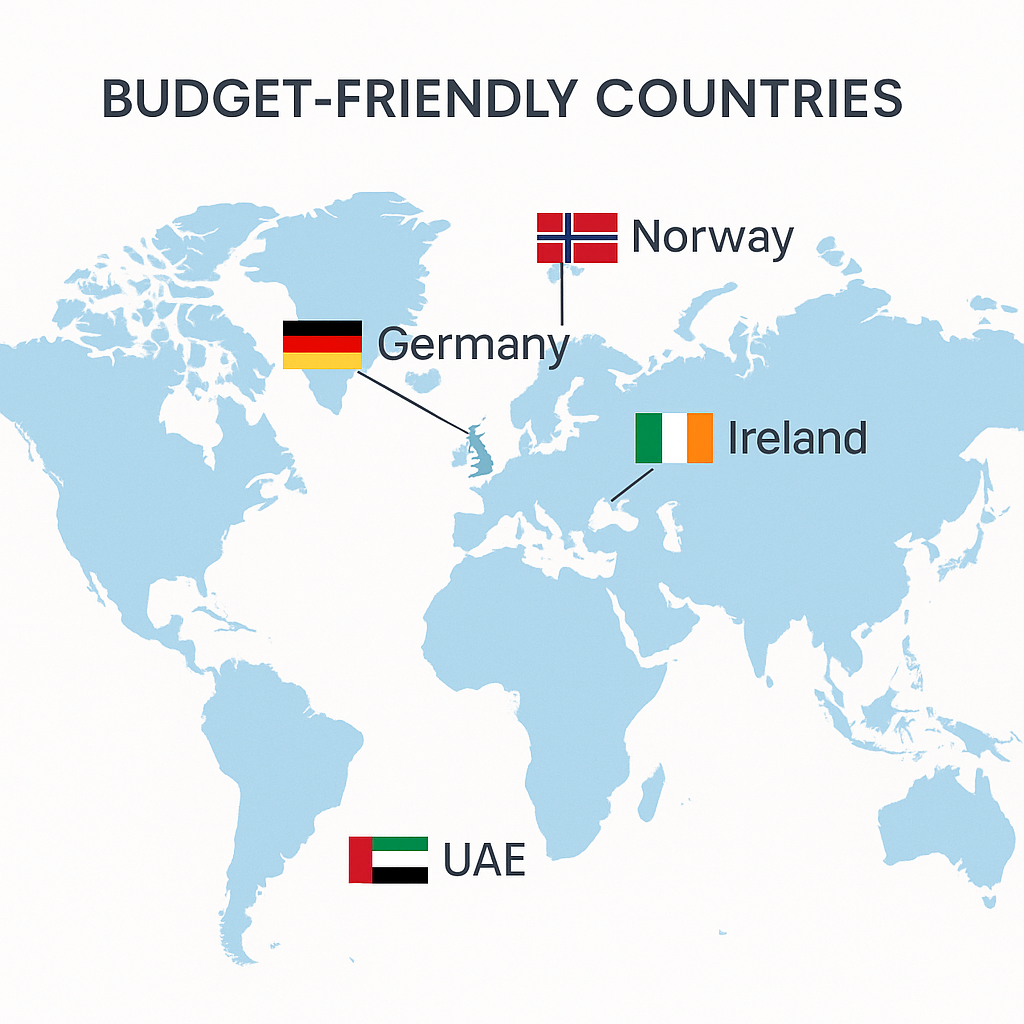
Indian Startups Offering Global Exposure
Indian startups like upGrad, Great Learning, and Simplilearn offer global certifications, mentorship, and placement help without relocation.
8. Expert Guidance for Students Planning in 2025
Financial Planning Is Paramount
- Use tools to estimate the total cost of education
- Search for scholarships and assistantships in advance
Career Focus on Outcomes
Don’t just pick a course—consider job markets, starting wages, and immigration laws in the destination country.
Apply Early, Apply Smart
- Take standardized tests early (IELTS, TOEFL, GRE, GMAT)
- Apply to universities during their early deadlines for enhanced opportunities
Consult Verified Advisors Only
- Check credentials
- Join forums, alumni networks, and community organizations to get genuine reviews
Conclusion: Is Studying Abroad Still Worth It?
The decision to study abroad in 2025 is increasingly more complicated than ever before. It is a reflective evaluation of costs, professional choices, safety, and ultimate worth. While the international degree continues to be esteemed, international education’s place is evolving rapidly. Hybrid programs, online study, opportunities closer to home, and Indian quality institutions are now viable and sometimes even better alternatives.
Indian students aren’t giving up on their overseas dreams—they’re just smarter about how to do it.
FAQs
Q1. Is international higher education worth the effort in 2025?
Yes, but only after effective planning and ROI analysis. It depends on students, also.
Q2. Which country is the most budget-friendly for Indian students in 2025?
Germany, Norway, Ireland, and the UAE are the most affordable countries.
Q3. How do I reduce the cost of studying overseas?
Look for scholarships, explore hybrid programs, or consider online courses.
Q4. Do I opt for a Master’s in India or overseas in 2025?
It is dependent on your course of study, goals, and finances. Indian colleges are bridging the gap considerably.
Q5. Is working overseas possible after online or hybrid degrees?
In most cases, you won’t qualify for work visas, so research every country’s laws before you apply.
Advice to Students : Don’t follow the crowd. Your journey is your own—make it smart, practical, and forward-looking.

